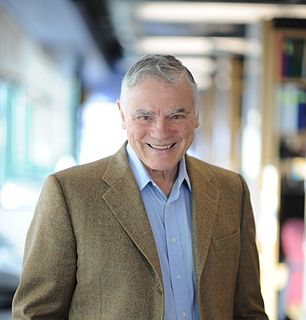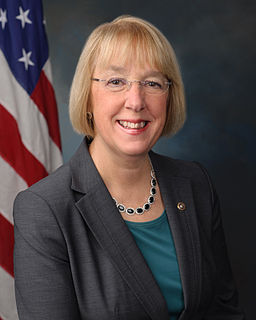A Quote by Leroy Hood
If you go to the FDA with a drug that's only meant to treat 50 people, and it's a 95 percent cure rate, you'll get your drug approved.
Related Quotes
Consider the clinicaltrials by which drugs are tested in human subjects.5 Before a new drug can enter the market, its manufacturer must sponsor clinicaltrials to show the Food and Drug Administration that the drug is safe and effective, usually as compared with a placebo or dummy pill. The results of all the trials (there may be many) are submitted to the FDA, and if one or two trials are positive—that is, they show effectiveness without serious risk—the drug is usually approved, even if all the other trials are negative.
When the FDA forces an old drug off the market, patients have very little say in the matter. Patients have even less of a say when the FDA chooses not to approve a new drug. Instead, we are supposed to rely on the FDA's judgment and be grateful. But can the FDA really make a choice that is appropriate for everyone? Of course not.
When a drug comes out [that's broadly prescribed] there are going to start to be a lot of people on it [in a million person cohort] and you might get therefore an early signal of something unexpected that hadn't come through in the clinical trials. And I'm sure [drug companies] would love it if, in fact, FDA, recognizing that, would say, OK, maybe you don't have to do your trial with 30,000 people because we're going to find out shortly after registration because we'll have a lot of people taking the drug and we'll be able to see what happened using PMI.
I'll get rid of the drug problem. The first drug dealer will be publicly executed in front of everybody and all of the sudden the rest of the drug dealers are going to go "Uh oh!" Watch how fast the drug problem disappears. If you use drugs, you're addicted and you steal something, you'll get sent off to the outback and to work camps and all of the sudden no drug addicts. See how simple that is? So simple.
In the 1990s - the period of the greatest escalation of the drug war - nearly 80 percent of the increase in drug arrests was for marijuana possession, a drug less harmful than alcohol or tobacco and at least, if not more, prevalent in middle class white neighborhoods and college campuses as it is in the 'hood.
To make matters worse, federal drug forfeiture laws allow state and local law enforcement agencies to keep, for their own use, up to 80 percent of the cash, cars, and homes seized from suspected drug offenders. You don't even have to be convicted of a drug offense; if you're just suspected of a drug offense, law enforcement has the right to keep the cash they find on you or in your home, or seize your car if drugs are allegedly found in it or "suspected" of being transported in the vehicle.
Of course in this age of colorblindness, a time when we have supposedly moved "beyond race," we as a nation would feel very uncomfortable if only black people were sent to jail for drug offenses. We seem comfortable with 90 percent of the people arrested and convicted of drug offenses in some states being African American, but if the figure was 100 percent, the veil of colorblindness would be lost.



































